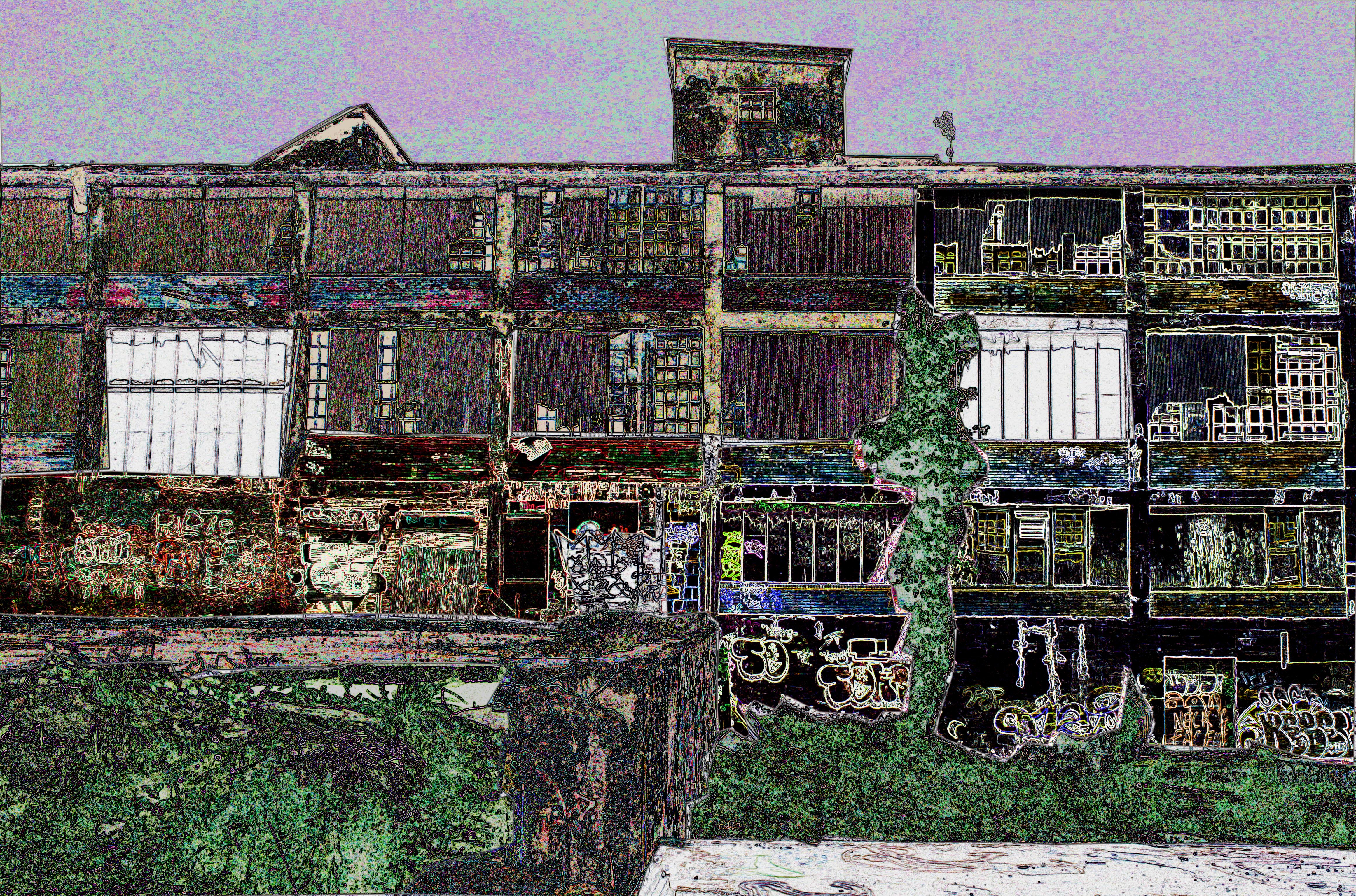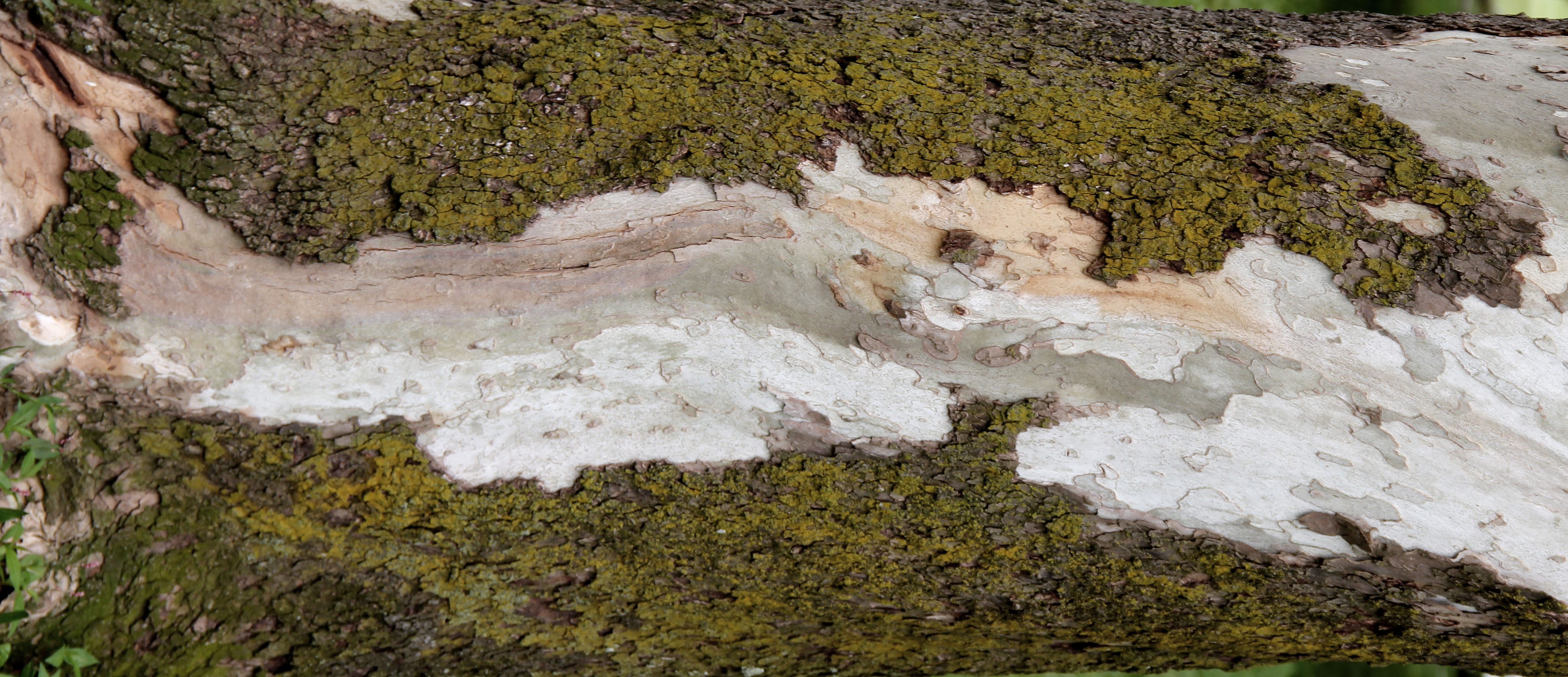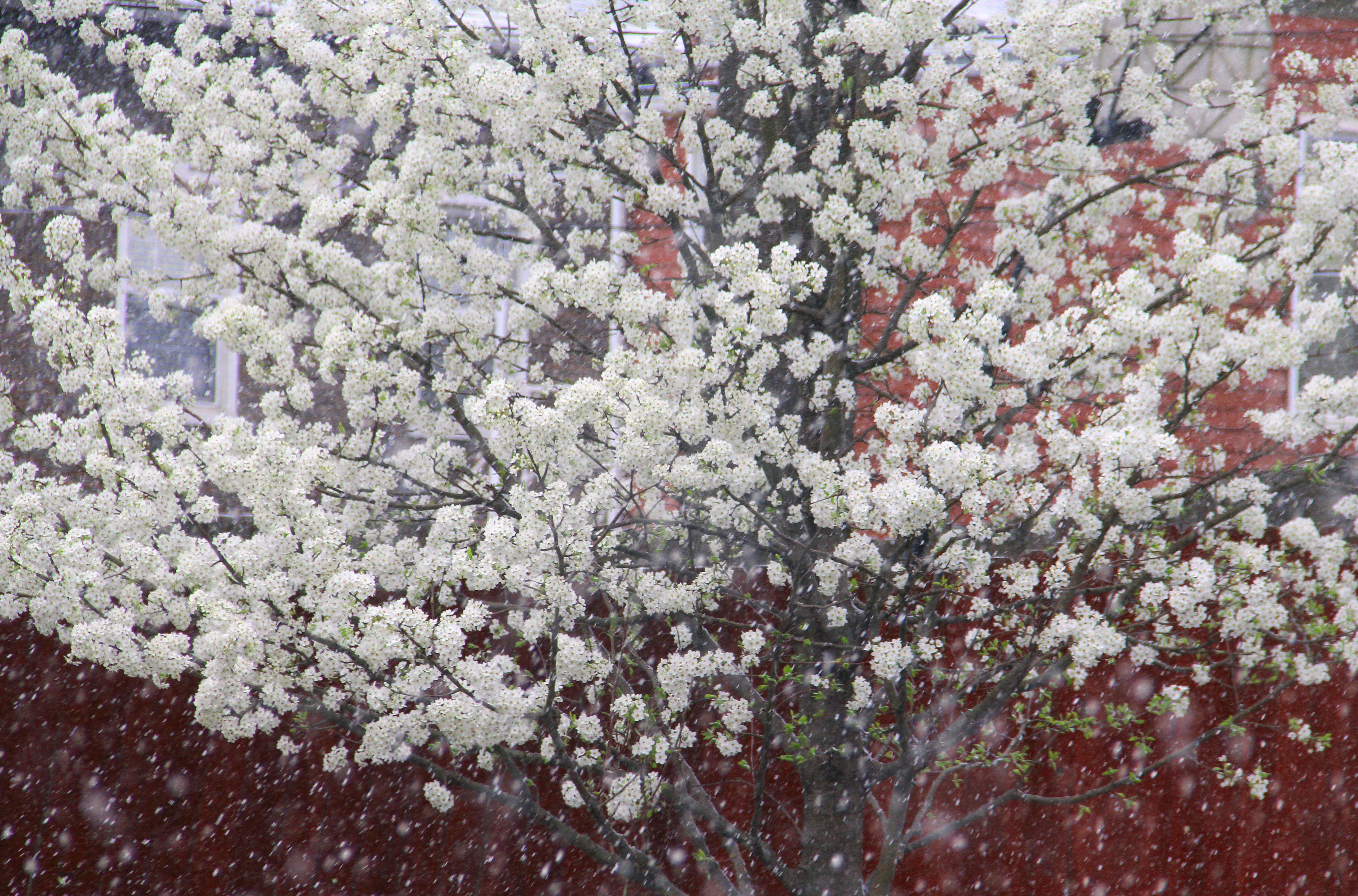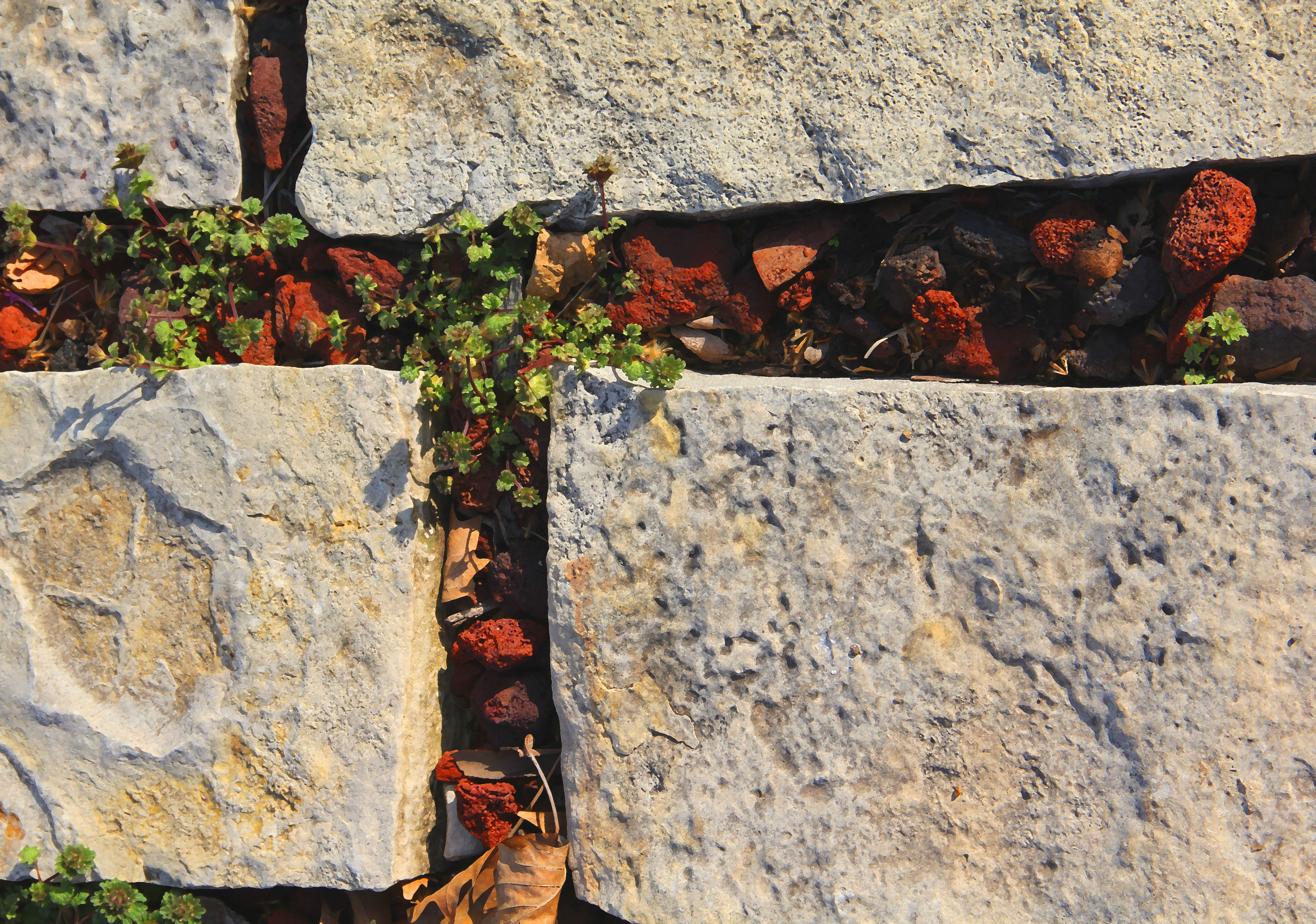It’s Memorial Day. Lot’s of flags flying around the neighborhood, most of them made in China. Barbecues will permeate the air with the hunger-inducing aroma of charcoal and burning meat, the pop-spritz of cans opening will mingle with the sounds of conversation, laughter, and portable stereos pumping out classic rock or C & W quasi-patriotic gunk.
We bought a push mower this morning from Home Depot. Go green.
I would like to take a few moments to tell you what I feel and have felt about this country.
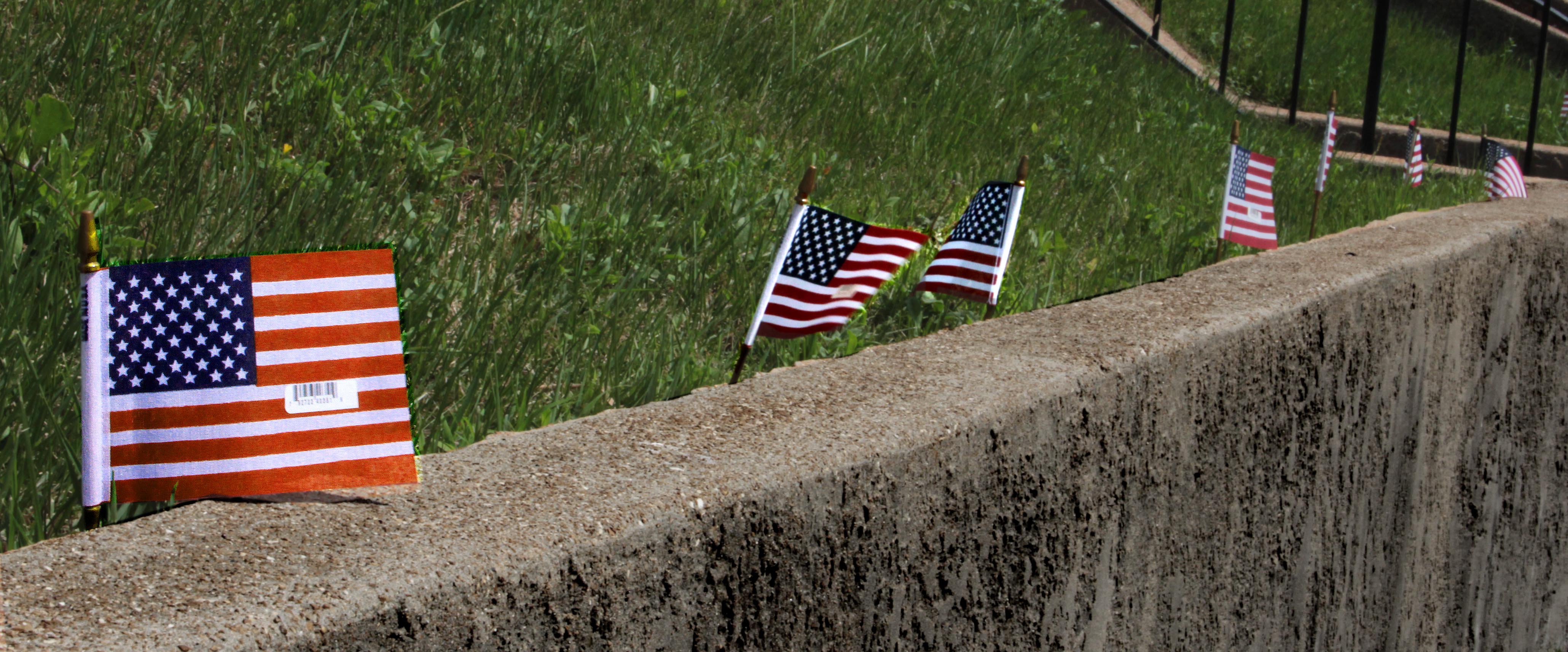
I grew up on a steady diet of John Wayne and wanting very much to make my dad proud. He’s very much a patriot, in his own way, although he’s also a fair man who tries to understand other points of view, something I didn’t quite realize when I was a kid. This made little difference until I entered high school.
I was 14 in 1968, one of the most contentious years America has ever experienced. Literally everything America stood for was called into question that year. Our involvement in Vietnam and the fall-out from the Civil Rights movements culminated in riots, the breakdown of social order, rampant anti-authoritarianism, and rifts opening at dinner tables. I was affected in what now seems a peculiar way, because I went into high school very much my father’s son.
I wanted to write. The logical thing to do was to join the school paper, which I did. What I found was a collection of students who had more or less fully embraced the various left wing political agendas of the day, which made me the odd one out because I came into this group espousing the conservative viewpoint. I stood out because I was in a very singular minority. I thought what we were doing in Vietnam was just (because we were fighting communism); I thought hippies were scuzzy, soft-headed losers and like many people failed to differentiate them from the anti-war movement, who I considered a bunch of cowards; I bought the Love It Or Leave It ethos of blue-collar America; and I thought we were the greatest country on Earth. Ever.
People who know me now may be very surprised by all this. I look at that list now and I’m surprised.
Very quickly I acquired a reputation and a nickname from the assorted long-locked lefties of the Roosevelt Rough Rider—-the neo-nazi Polish warmonger.  (After a couple of years of being quite visibly without a girlfriend, the label “frigid” was added to it.) After years of being bullied in grade school, I came out of my victimhood with a do-or-die attitude that pretty much embraced the Fuck You ethic of resistance to ridicule, so I basked resplendent in my isolation as the lone Right Winger in a coven of communist-leaning radicals. At assembly, when the Pledge of Allegiance was recited, I was the only one of the bunch who stood up and put my hand on my heart and spoke the words.
The clarity of my thinking!
But, you see, I was very much my father’s son then. It was not so much that I believed all the America The Beautiful stuff I spat back at the others, but that he did, and night after night we talked about it, and I did not till later realize that I actually missed the whole point of his nightly Socratic engagements. I was taking his views to school and loading them into my rifle and shooting them at the pigeons who kept flying up in front of me with what I now understand as far more thoughtful and considered arguments than mine.
On my eighteenth birthday I had to register for the draft. This was 1972 and Nixon was about to be re-elected and he had promised to wind down the fighting in Vietnam. I didn’t give it a lot of thought. I didn’t particularly like the idea of being drafted, but if I were I would pack my stuff and go and be a good soldier. The only lottery I was in, though, my number was very high and shortly thereafter the draft ended, so I never had to go.
Other things caught my attention and pulled me along, so it never occurred to me to enlist. But something was changing by then.
I’d worked on enough stories with the others on the Rough Rider and had enough conversations with them and done research for history classes (especially world history, which was a nightmare, but made me work harder than I’d ever worked before in a class because the teacher hated me) that some rather uncomfortable notions had begun floating around in my skull.
When I finally looked into the full history of the Vietnam Conflict, I could not maintain the illusion that we were justified being there. It was a civil war. Before that it had been a war of independence, a French colony that wanted its own identity back, and try as I might I could not continue to ignore that direct parallels with our own revolution and desire for independence. It still took years before I could sit across from my father and say “No, we were wrong. We should not have been there. It was an immoral war.”
But I certainly didn’t learn that in school.
What I did learn in school, most vividly, in my freshman year, was that speaking the truth can get you in serious trouble. My American history teacher, Mr. Maurer—a kind, sincere man with tremendous affection for his students, who had not yet been soured on the idea of public education and believed in open discourse—let a discussion go on in his classroom about the true nature of the American Civil War in which a strong argument was presented that it had nothing to do with the slaves, because Lincoln himself had said if he could preserve the Union and maintain slavery, he would do it. (We did finally conclude that the War had been about slavery but not necessarily about the slaves, a view I still more or less hold.) It got contentious, but for that week we were an engaged classroom.
Unfortunately, during that week, one of the administrators came, twice, to listen, and suddenly Mr. Maurer was in trouble for not following the syllabus and for causing disruption in his class. Basically, the line was that you stick to the text and don’t bring in anything that might call into question the program—like facts not in the book. It was a profoundly chilling lesson for us to see a much-chastened Jack Maurer return and shut down the whole discussion on the Civil War and then by-pass Reconstruction altogether and go on to the Gilded Age.
When you look at the reality of America’s wars, you find they don’t conform to the image we like to believe. They don’t. I’m sorry, but we have not as a nation been very nice. The Revolution was what it was and in the end we should feel proud of that. But the War of 1812 was a picked fight that we nearly lost because we wanted a piece of Canada and possibly cut Britain out of the Caribbean. The slave trade was being interfered with and certain Southern interests supported a war with the idea of pushing British warships out of the trade lanes. There were other reasons, but the stated reasons—unwarranted impressment, harrasment of American shipping, and the vestiges of an alliance with France—were being settled diplomatically.
The Mexican-American War was a simple land grab on our part. We refused to control our borders, Mexico complained, started doing something to eliminate the presence of illegal immigrants (us) and we went in and took Texas and New Mexico and California.
The Civil War was a political war that resulted from a unpleasant compromise at the Founding.
The Spanish-American War was pure imperialism and you don’t even have do any creative interpreting to understand that, they stated it right up front. The European powers all had colonies, we ought to have some, too, and we picked a fight with Spain.
World War I was a pointless exercise that undermined American credibility at Versailles and led directly to World War II.
World War II has been called the Good War, and it’s almost impossible to argue that we had no choice and that we were really fighting true evil.
The Korean War was in support of treaty promises and to support the infant United Nations. We should feel okay about that one, though it is often overlooked.
Vietnam was a thorough-going debacle. We were suckered in by France, kept there by a combination of Catholic interest and cultural misunderstanding, and hoist on the petard of our sense of being the World’s Policemen.
Oh, and the ongoing Indian Wars—almost completely an exercise in imperialism and genocide. We wanted their land. This becomes obvious when you look at such things as the Cherokee migration of the 1830s as a result of the Indian Removal Act. We had said for decades that if the Indians would settle down and stop being nomads and hunters and develop their land according to our practices, then everything would be fine. The Cherokee nation did that and were removed anyway. We wanted the land. Period.
I won’t even get into our current messes.
The mistake made in the contentious Sixties was spitting on the troops. It was not their fault. The idealists of the anti-war movement expected them to abandon everything they believed in, break their word, and refuse to fight. There is a very tangled culture in this country of keeping reality out of patriotic discourse. Be that as it may, a soldier gives over a promise to serve those duly elected who are obligated then not to abuse or misuse their sacrifice—which has happened more often than my conservative mindset in high school could comfortably absorb.
I said my father is fair and tries to understand other viewpoints. Years later, after I had decided that my politics in high school had been bankrupt and ill-considered and I had more or less become sympathetic to the Left, we revisited the arguments of the Vietnam era. He did not understand me when I told him that had I been drafted, I would have gone, not because of my patriotism, but because it would have been easier. Go along to get along. Belonging is a powerful inducement to deny principle sometimes. But he declared that had I run to Canada, which many did at the time, he would have hunted me down.
“What good would that have done?” I asked.
“That’s just the way I am. You don’t run away.” And before I could say another word, he added. “If you believed the war was wrong, you stay and fight—I’d have paid for the lawyers.”
My head spun around at that and I realized my whole perception of his attitude was skewed and he just skewed it again.
You don’t run away.
So from all that, I can say what it is I believe is good and worth preserving about America. It is all in the Bill of Rights, but often we misconstrue the point of that document. We assume (and technically this is correct, but it’s more than this) that these are principles laid down to restrict and constrain government. We forget that they are also principles to live up to, that this reflects who we want to be. We want to be tolerant, we want to be able to conduct our own lives, we want to be honest and unashamed, we want to treat our fellow human beings with dignity. That the history of this country is one battle after another to convince many of us to live up to these standards does not diminish them, nor does it detract from the idea of America that we have to continually press the argument.
We don’t run away.
Right now we are in a period of uncertainty, where what it means to be American is a mix of guilt and pride and misdirected zeal. We are being bought by sides in an fight that goes back to the Founding and sometimes it looks like we’re losing. People don’t vote because they think it does no good. People support mouthpieces who try to tell them this or that is unAmerican because many of us don’t understand the difference between change and chains. People let pundits make up their minds for them because it’s easy, especially when the pundits validate our anger and give us an excuse for our uncertainty. We have been letting ideologues divide us over solutions that, if implemented, would cost some corporation market share, and we have swallowed the idea handed us by Reagan that American means market share.
But we don’t run away. We stand and fight it out and come to a consensus and do something that may work better—and if not, we try something else.
I stopped pledging allegiance to a flag. It’s a piece of cloth and the idea that we should have a law protecting a piece of cloth is silly. I do believe in the idea of America—that individuals, regardless of social status, bank account, ethnicity, religious conviction, or political persuasion, are the primary purpose of our institutions, that preserving the rights of the declarative “I” in the face of sectionalism, bigotry, fashions and fads is the whole point of the experiment—and that’s something I’ll defend. That supporting that idea does not mean abandoning others to die wallowing in despair because they don’t have the wherewithal to pay for membership in the club and no individual has the right to blight others in the name of a false status. And the idea of defending America, the idea of America, is embodied in the oath administered to soldiers, who pledge to defend the Constitution. That’s where our identity lies, in the structural document that, along with determining how we shall govern ourselves, also includes a series of proclamations about who we want to be. Part of that is to live in a country where you should not have to prove it to anyone what you believe and who you are. I have always mistrusted people who wear their affiliations on their sleeves—little American flag lapel pins or a baker’s dozen of them spread on the front lawn—because it would never occur to me to doubt that they’re who they are. But by displaying it like that, they make it a challenge to everyone else—“I’m an American, are you?” That’s not my country. That’s not how I live, that’s not what makes being here worthwhile. Being an American should mean being the best human being you can. It means treating people decently because we believe that’s how people should be treated, and they shouldn’t be made to pass a test to deserve it. I’ll back that.
I was a pretty stupid kid in high school. But I grew up and got over it. And I’m thankful that I live in a place where I could do that and not have to explain myself or apologize, either for believing one way back then or for changing my mind now.
Have a good day. Remember.


